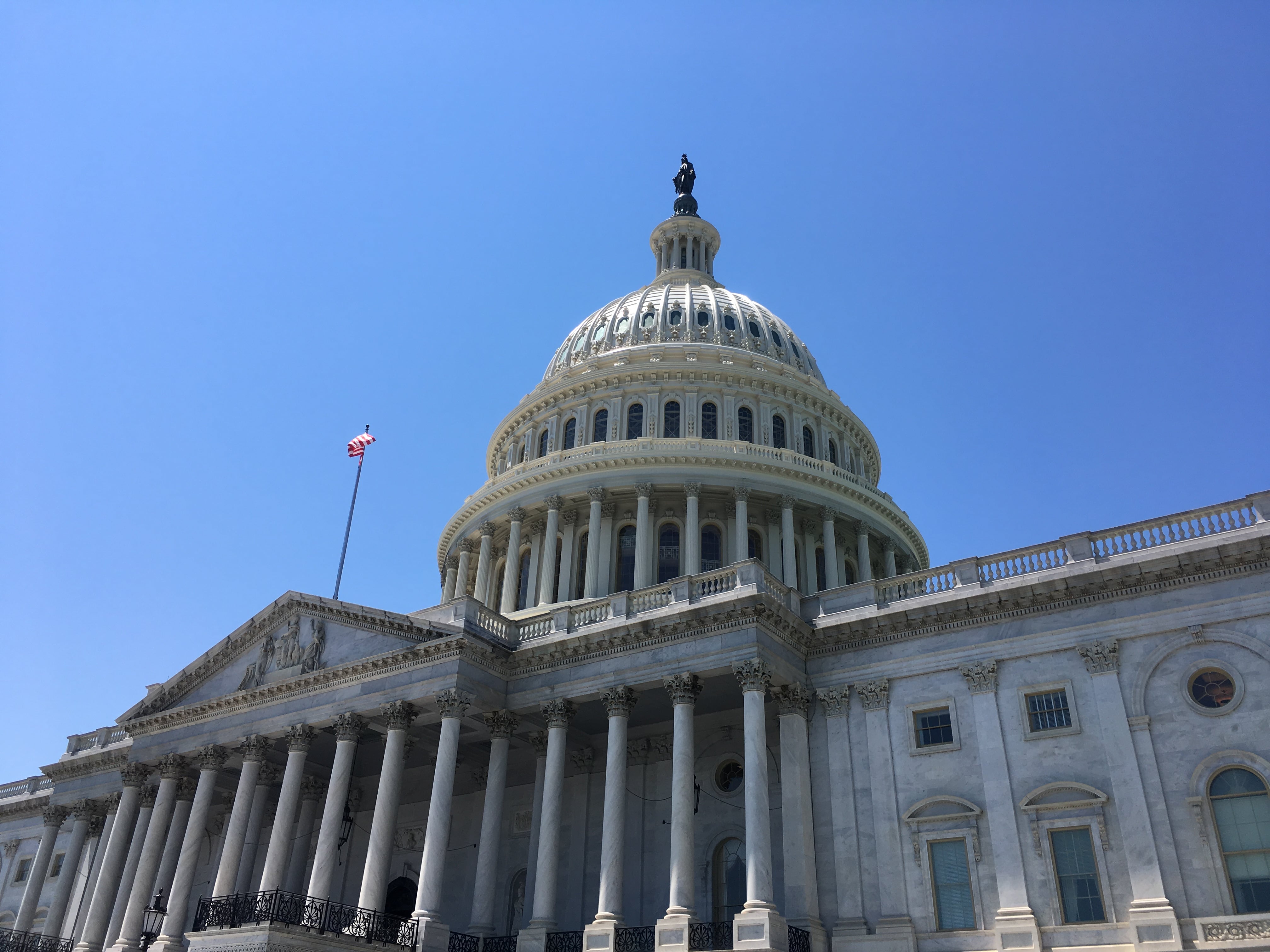The fate of dozens of military pay authorizations, Pentagon reform plans and new program starts now depends on whether President Donald Trump will follow through on his public promises to block a $740.5 billion defense authorization bill over a non-military complaint.
On Friday, Senate lawmakers approved the annual military budget measure 84-13, with the majority of Republicans in the chamber ignoring Trump’s calls in recent days to scuttle the legislation.
“I think this is the most important bill of the year,” Senate Armed Services Committee Chairman Jim Inhofe, R-Okla. — a staunch Trump supporter who defied the president on this issue — said just before the final vote. “This is something that we have to do.”
RELATED

The measure includes a $25 boost in monthly hazardous duty pay for some troops; reauthorizations of specialty bonuses for pilots and other in-demand military jobs; new protections for guard and reservist troops performing pandemic response missions; and a host of military family assistance and housing programs set to start early next year.
It also authorizes a wide array of equipment purchases, sets aside $2.2 billion for a new China deterrence fund, and offers policy and oversight provisions on battlefield networking, missile defense, countering drones and the Pentagon’s civilian hierarchy.
Earlier in the week, House lawmakers approved the measure 355-78, again with strong Republican support despite the president’s objections.
Those results appear to give both chambers enough support to override a presidential veto, should Trump issue one. On Tuesday, Trump took to Twitter to repeat the threat and say that any authorization bill headed to his desk “must include a termination of Section 230 (for National Security purposes).”
That proposal — which was not included in any congressional debate of the authorization bill over the last nine months — centers on legal protections shielding social media companies from liability for comments made by users.
Trump and other conservatives have taken aim at social media in recent months as companies have flagged his election claims as misleading or false, labeling it censorship. Numerous members of Congress have said they also hope to amend the broad legal projections, but not as part of the military policy bill.
Before this month, Trump had threatened to veto the measure over a requirement that the Defense Department establish a commission “to study and provide recommendations, within three years, concerning the removal of names, symbols, displays, monuments, and paraphernalia” related to the Confederacy.
But that provision also received enough support from Trump’s fellow Republicans in Congress to advance.
In a rare break with Trump, Senate Majority Leader Mitch McConnell, R-Ky., urged his colleagues to pass the bill, citing its authorization of “training, tools, and cutting-edge equipment that our servicemembers and civilian employees need to defend American lives and American interests.”
“This legislation will secure wins on priorities that all of us share. It does not contain every policy that either side would like to pass. But a huge number of crucial policies are included and a lot of bad ideas were kept out,” McConnell said Thursday. “I encourage all our colleagues to vote to advance this must-pass bill.”
The timing of a Trump veto is uncertain. After congressional passage, enrolling the 4,500-plus-page authorization bill can take anywhere from a few days to a few weeks. Last year the process took only two days, but in 2017 it took 14.
After the bill arrives at the White House, Trump will have up to 10 days to sign it into law or send it back to Congress with a veto. That means that his final decision could come as early as next week or as late as Christmas.
RELATED

House and Senate leaders have already promised to rush lawmakers back to Capitol Hill for a veto override vote should one be needed, but they’ll have a short window to get it done.
The new session of Congress will be seated on Jan. 3. And even with remote voting rules in effect for the House, transporting lawmakers back to Washington, D.C. over a holiday break amid pandemic restrictions could create logistical headaches.
But, those moves will only be needed if Trump follows through with his threats. On Friday, lawmakers pleaded with him to reconsider.
“I know there’s a lot of controversy about this bill,” Inhofe said just before the final vote. “I know that the president wanted to have something in there that was having to do with language that had nothing to do with the military.
“You’ve got to have a defense authorization bill. Our kids in the field demand it. And with [this bill] we ensure that America is able to prevent and, if necessary, win wars of today and tomorrow.”
Leo covers Congress, Veterans Affairs and the White House for Military Times. He has covered Washington, D.C. since 2004, focusing on military personnel and veterans policies. His work has earned numerous honors, including a 2009 Polk award, a 2010 National Headliner Award, the IAVA Leadership in Journalism award and the VFW News Media award.
Joe Gould was the senior Pentagon reporter for Defense News, covering the intersection of national security policy, politics and the defense industry. He had previously served as Congress reporter.





